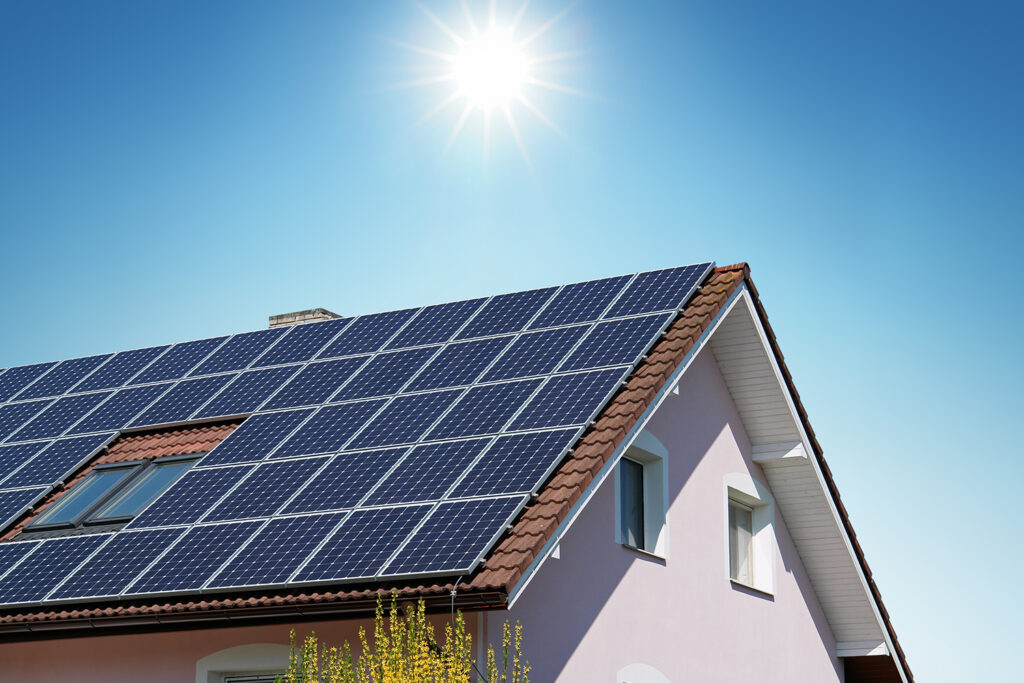Using solar panels correctly involves several considerations to ensure optimal performance, safety, and longevity of the system.
- Installation:
- Ensure that the panels are positioned to receive maximum sunlight exposure. This may involve adjusting the tilt and orientation of the panels.
- Maintenance:
- Regularly clean the solar panels to remove dust, dirt, bird droppings, and other debris that can reduce efficiency. Cleaning can be done with a soft brush or by spraying water.
- Check for shading issues caused by nearby trees, buildings, or other obstructions. Trim vegetation if necessary to prevent shading during peak sunlight hours.
- Inspect the wiring, connectors, and mounts for signs of wear or damage. Repair or replace any damaged components promptly.
- Monitoring:
- Use monitoring systems, if available, to keep track of the performance of your solar panels. Monitoring helps detect any issues early and allows you to assess the system’s efficiency.
- Battery Maintenance (if applicable):
- If your solar panel system includes batteries, follow the manufacturer’s guidelines for battery maintenance. This may include checking the electrolyte levels, ensuring proper ventilation, and monitoring battery health.
- Inverter Operation:
- Keep the inverter and associated electronics in a cool and well-ventilated area. Avoid exposing them to direct sunlight or extreme temperatures.
- Check the inverter regularly for error messages or malfunctions. If issues arise, consult the manufacturer’s documentation or contact a professional for assistance.
- Safety Precautions:
- Be aware of electrical safety considerations. If you need to perform maintenance or repairs, follow safety guidelines and consider hiring a qualified technician.
- If your solar panel system is grid-tied, ensure that it complies with local regulations and safety standards. Some grid-tied systems may require additional safety features, such as automatic shut-off during a power outage.
- Regular Inspections:
- Schedule periodic inspections by a qualified technician to ensure that the entire system is functioning correctly. This can help identify and address potential problems before they escalate.
By following these guidelines and being proactive in maintenance and monitoring, you can ensure the effective and safe operation of your solar panel system. Regular attention to these details will help maximize the benefits of solar energy for your home or business.


